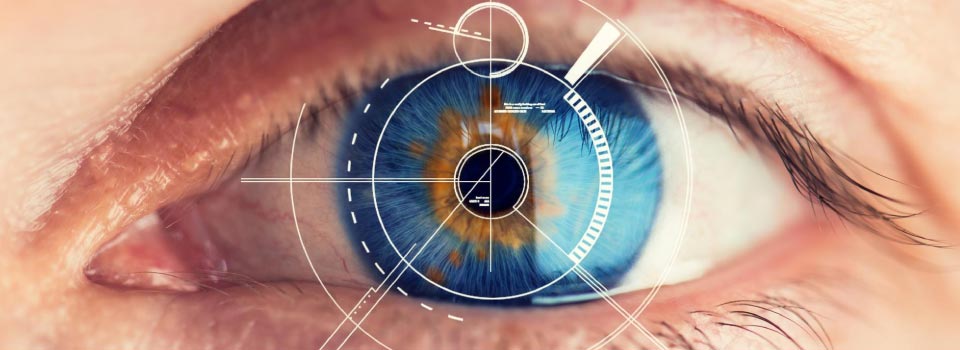
Why is it important to see an ophthalmologist?
You should visit your eye doctor once or twice a year, even if you don’t notice any signs of vision-related illness. However, you should go as soon as possible if you notice or have any of the following signs:
- Loss or decrease of vision in one or both eyes
- See spider webs or sudden spots associated with flashes of light
- See irregular or distorted lines of light
- Having wavy or watery vision
- See distortion in the faces or in the central vision
- See haloes around lights or double vision
- Have red eye associated with pain and nausea
- Changes in your field of vision such as seeing shadows, black spots or blurriness
- Have vision loss and see as if seeing through a veil or curtain
- Notice changes in color vision.
Likewise, it is very important to go to the ophthalmologist if you have a chronic disease that can affect your visual function, such as:
- Diabetes mellitus
- Chronic high arterial pressure
- Rheumatological diseases (Sjogren’s syndrome, rheumatoid arthritis, lupus, among others)
- Thyroid disease
- Chronic use of corticosteroids, chloroquine, isotretinoin, tamsulosin among others.
And also if you have a record of first-degree relatives with visual health-related diseases such as:
- Glaucoma
- Keratoconus (adolescents)
- Retinal Detachment
- Age-related macular degeneration
When should you make an appointment or check with ophthalmology?
It is essential to ask for periodic checks if you are having any of the following ophthalmological pathologies:
- Dry eye
- Allergic conjunctivitis
- Blepharitis
- Glaucoma
- Refractive disorders (presbyopia, myopia, hyperopia and astigmatism)
- Among others
And carry out post-surgery checks when you have presented:
- Cataracts
- Refractive Surgery
- Iridotomies
- Iridoplasty
- Laser retinal barriers

0 Comments